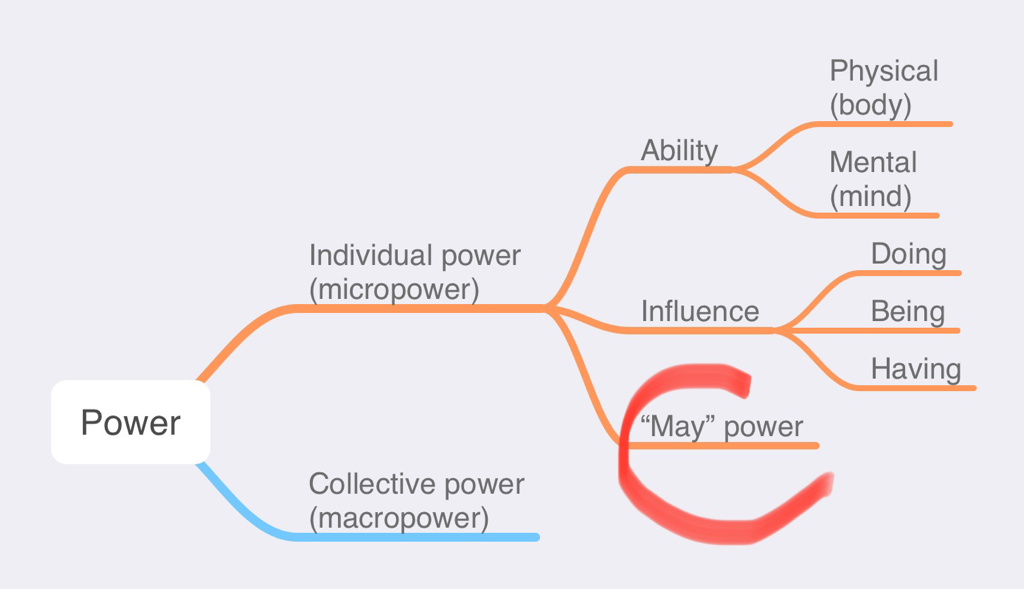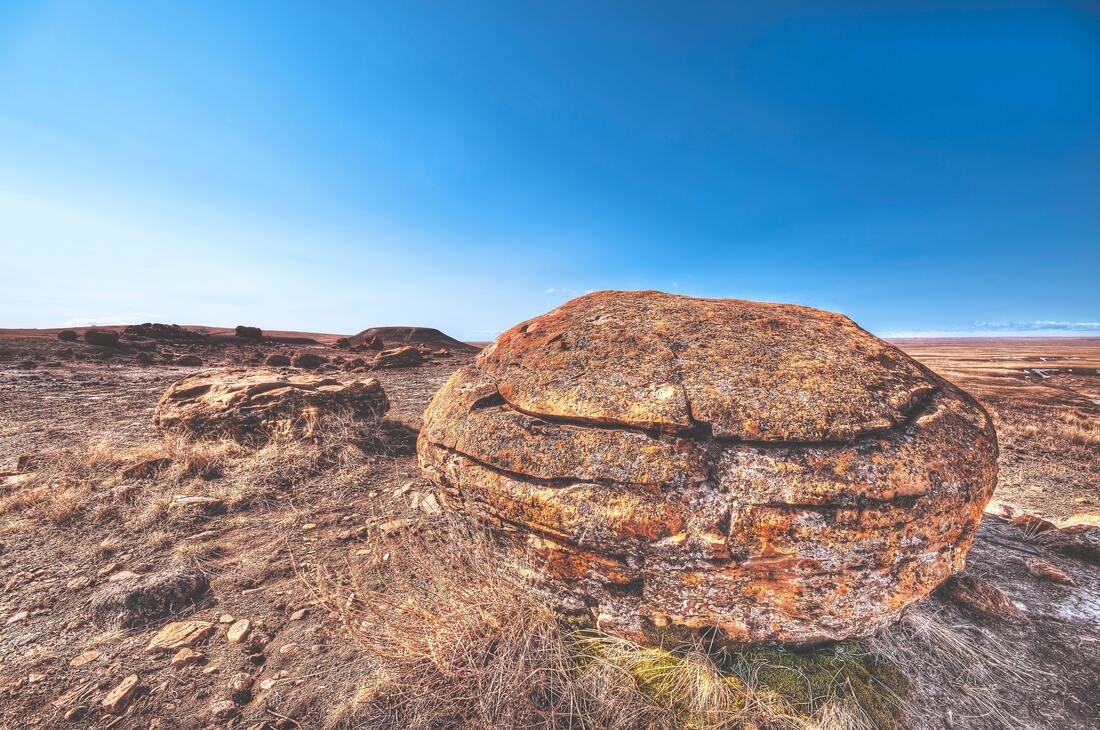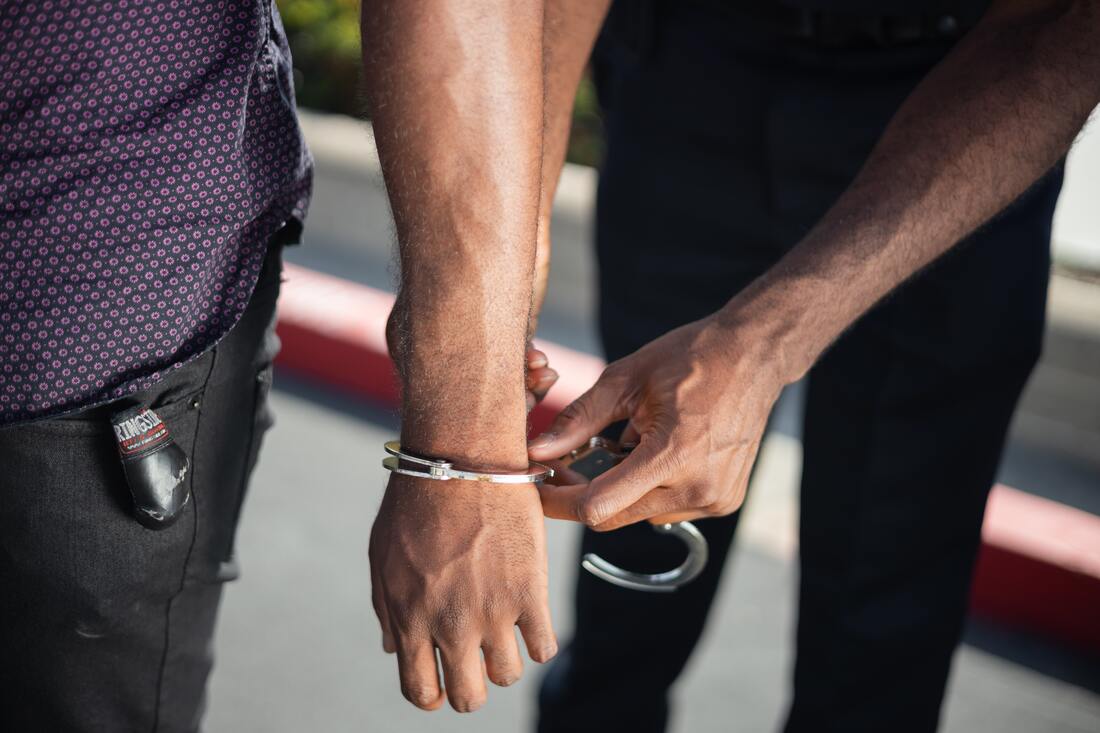- About
- Introduction
-
Browse the book
-
All the pages alphabetically
>
- A >
- B >
- C >
- D >
- E >
- F >
- G >
- H >
- I >
- L >
-
M
>
- Main theories of power
- Making an effort is a prerequisite of using power
- Marxism and the meaning of power
- "May" power
- Meanings of power that are not directly related to social power
- Micropower: Individual power
- Mindfulness
- Media and Digital Literacy as Forms of Individual Power
- (Mis)understanding of power in media texts
- Money and Power
- My synesthetic perception of "power"
- N >
- P >
- R >
- S >
- T >
- U >
- V >
- W >
- Completed pages
-
All the pages alphabetically
>
- Author
"May" Power
*completed pages might be rewritten over time
According to my theory of micro- and macropower, there are three main forms of individual power:
1) Power as ability is what I can do physically (e.g., lift a stone) or mentally (e.g., change my perspective in order to see a situation in a different light).
2) Power as influence is how my actions relate to limited resources.
3) "May" power is what I am allowed to do.
Both power as ability and "may" power are described in everyday speech using the word can, which creates some confusion. In order to clear it, we need to take into consideration the circumstances of the specific situation. For example, "I can speak English" is a form of power as ability when we refer to what languages we use to communicate. For example, I personally can speak Russian, Spanish, French, English, and German. In contrast, when Indigenous children were taken from their parents and put in boarding schools, they could speak English in the classroom, but they could not speak their native language. In that case an Indigenous child would say, "I can speak English" referring to the fact that she is allowed to speak this language as opposed to her family language.
Being allowed is not the same as being able to do something. If we are not able to do something (no power as ability), we just cannot do it. If I cannot lift a really heavy stone, I will simply not take it off the ground, no matter how hard I try. In contrast, if I am not allowed to lift a particular stone (e.g., because it is sacred), I might still be able to do it if I choose to, but then I will have to face consequences.
1) Power as ability is what I can do physically (e.g., lift a stone) or mentally (e.g., change my perspective in order to see a situation in a different light).
2) Power as influence is how my actions relate to limited resources.
3) "May" power is what I am allowed to do.
Both power as ability and "may" power are described in everyday speech using the word can, which creates some confusion. In order to clear it, we need to take into consideration the circumstances of the specific situation. For example, "I can speak English" is a form of power as ability when we refer to what languages we use to communicate. For example, I personally can speak Russian, Spanish, French, English, and German. In contrast, when Indigenous children were taken from their parents and put in boarding schools, they could speak English in the classroom, but they could not speak their native language. In that case an Indigenous child would say, "I can speak English" referring to the fact that she is allowed to speak this language as opposed to her family language.
Being allowed is not the same as being able to do something. If we are not able to do something (no power as ability), we just cannot do it. If I cannot lift a really heavy stone, I will simply not take it off the ground, no matter how hard I try. In contrast, if I am not allowed to lift a particular stone (e.g., because it is sacred), I might still be able to do it if I choose to, but then I will have to face consequences.
Image credit: Scott Webb
I describe "may" power as being allowed, but allowed by who? In my interpretation, "may" power refers to what other people allow us to do. For the purse of this analysis, we will talk about allowing as something that can only be done by a person. We will not talk about allowing in a non-literal or poetic sense, such as the force of gravity not allowing me to fly.
Obviously, laws of nature also limit what we can or cannot do. As the saying goes, one can do many things, but some of them only once. For example, I am able to jump off a cliff (I can physically do it if I choose to), but if I do it without any appropriate equipment (e.g., bungee-jumping), I will hit the ground and die. But for the purpose of this analysis, I will refer to my inability to jump off a cliff and fly without any special equipment as a lack of power as ability, as opposed to the lack of "may" power. In order words, it is about what I can physically do as opposed to what somebody allows me to do.
So we will talk about my "may" power as determined by other people. If we look at a situation from their perspective, their power as influence will shape my "may" power. When somebody does not allow us to do something, they exercise their power as influence (by limiting what I can do), which determines my "may"power, or the lack thereof. For example, I can make a decision to walk down a busy city street naked, but I am really not allowed to do that, so I will get arrested and face the consequences (in this sense, Lisa Stansfield's music video from the 90's does not seem particularly realistic).
As with any other kind of power, "may" power always coexists with some degree of powerlessness. Nobody has an absolute "may" power in a sense that nobody is allowed to do absolutely anything (even the most absolute monarchs in history).
On the other hand, we can often observe how people have different amounts of "may" power, which can be described as a form of inequality. There are different forms of the following saying: a poor person steals and goes to jail, a rich person steals and gets richer. Another example: according to some reports, people with different skin color get different sentences for the same kind of crime (e.g., using illegal drugs). Finally, a historical example comes from a book about Louis XIV. His authority and decisions were challenged many times by different people. It's noteworthy that noblemen could be punished for such a rebellion, but not the same way as people without the noble status. For example, Chapter 4 of the book linked above says: "While humble Ormistes were broken on the wheel, the Prince de Conti and the Duchesse de Longueville were allowed, by virtue of their rank, to withdraw to their estates."
I describe "may" power as being allowed, but allowed by who? In my interpretation, "may" power refers to what other people allow us to do. For the purse of this analysis, we will talk about allowing as something that can only be done by a person. We will not talk about allowing in a non-literal or poetic sense, such as the force of gravity not allowing me to fly.
Obviously, laws of nature also limit what we can or cannot do. As the saying goes, one can do many things, but some of them only once. For example, I am able to jump off a cliff (I can physically do it if I choose to), but if I do it without any appropriate equipment (e.g., bungee-jumping), I will hit the ground and die. But for the purpose of this analysis, I will refer to my inability to jump off a cliff and fly without any special equipment as a lack of power as ability, as opposed to the lack of "may" power. In order words, it is about what I can physically do as opposed to what somebody allows me to do.
So we will talk about my "may" power as determined by other people. If we look at a situation from their perspective, their power as influence will shape my "may" power. When somebody does not allow us to do something, they exercise their power as influence (by limiting what I can do), which determines my "may"power, or the lack thereof. For example, I can make a decision to walk down a busy city street naked, but I am really not allowed to do that, so I will get arrested and face the consequences (in this sense, Lisa Stansfield's music video from the 90's does not seem particularly realistic).
As with any other kind of power, "may" power always coexists with some degree of powerlessness. Nobody has an absolute "may" power in a sense that nobody is allowed to do absolutely anything (even the most absolute monarchs in history).
On the other hand, we can often observe how people have different amounts of "may" power, which can be described as a form of inequality. There are different forms of the following saying: a poor person steals and goes to jail, a rich person steals and gets richer. Another example: according to some reports, people with different skin color get different sentences for the same kind of crime (e.g., using illegal drugs). Finally, a historical example comes from a book about Louis XIV. His authority and decisions were challenged many times by different people. It's noteworthy that noblemen could be punished for such a rebellion, but not the same way as people without the noble status. For example, Chapter 4 of the book linked above says: "While humble Ormistes were broken on the wheel, the Prince de Conti and the Duchesse de Longueville were allowed, by virtue of their rank, to withdraw to their estates."
Image credit: Kindel Media
We can imagine many other situations when one person is allowed to do something while another person is not allowed to do this same thing. My husband is a French citizen, so he is allowed to travel to France without a special visa. I am not a French citizen, and even though I can try to get on the territory of France illegally, I will probably have to face serious consequences; in other words, I am not allowed to do that without a visa (visa symbolizes permission, being allowed to enter). In this case, my husband is allowed to do something that I am not allowed, and his "may" power is determined by complicated conventions, laws, and meanings (e.g., meaning of a nation).
Seeing "may" power as a separate form of power helps us to consider some important questions:
1) Who has "may" power in a certain situation?
2) Why does one person have "may" power in a certain situation while another person lacks it?
3) Who is doing the allowing? What factors are their decisions based upon?
4) How do we know when we have or lack "may" power?
In terms of the conversation about power and responsibility, these questions allow us to avoid unnecessary blame. Somebody might not do something we want them to do because they lack appropriate "may" power. When I was waiting for a decision on my British visa in 2022, I discovered that people in the visa and immigration call center did not have "may" power to contact the decision center in order to speed up the process (or even to understand what is going on with my application). They were not allowed to influence the process or to access detailed information about it. In this sense, blaming them did not make much sense.
Considering question #4 is important because it further shows how complicated the issues of responsibility and blame are. Under some circumstances, we may discover our lack of "may" power only after doing an action. If I arrive in a foreign country, I need to be aware of its laws in order not to get in trouble. Some would say that I cannot use my ignorance about the laws as an excuse if I break one of them. On the other hand, not knowing the limits of my "may" power may be determined by circumstances outside of my control.
Last thing to say about "may" power is that using it feels rewarding, as with any kind of individual power. People enjoy knowing that they can do certain things, and they do not like being told that they are not allowed to do them. This is why it might be inefficient to tell somebody who is littering not to do that, because they will perceive it as an attack on their power. Many people (both children and grownups) choose to push boundaries, even break laws, in order to experience their "may" power. It is rewarding to "do whatever you want."
We can imagine many other situations when one person is allowed to do something while another person is not allowed to do this same thing. My husband is a French citizen, so he is allowed to travel to France without a special visa. I am not a French citizen, and even though I can try to get on the territory of France illegally, I will probably have to face serious consequences; in other words, I am not allowed to do that without a visa (visa symbolizes permission, being allowed to enter). In this case, my husband is allowed to do something that I am not allowed, and his "may" power is determined by complicated conventions, laws, and meanings (e.g., meaning of a nation).
Seeing "may" power as a separate form of power helps us to consider some important questions:
1) Who has "may" power in a certain situation?
2) Why does one person have "may" power in a certain situation while another person lacks it?
3) Who is doing the allowing? What factors are their decisions based upon?
4) How do we know when we have or lack "may" power?
In terms of the conversation about power and responsibility, these questions allow us to avoid unnecessary blame. Somebody might not do something we want them to do because they lack appropriate "may" power. When I was waiting for a decision on my British visa in 2022, I discovered that people in the visa and immigration call center did not have "may" power to contact the decision center in order to speed up the process (or even to understand what is going on with my application). They were not allowed to influence the process or to access detailed information about it. In this sense, blaming them did not make much sense.
Considering question #4 is important because it further shows how complicated the issues of responsibility and blame are. Under some circumstances, we may discover our lack of "may" power only after doing an action. If I arrive in a foreign country, I need to be aware of its laws in order not to get in trouble. Some would say that I cannot use my ignorance about the laws as an excuse if I break one of them. On the other hand, not knowing the limits of my "may" power may be determined by circumstances outside of my control.
Last thing to say about "may" power is that using it feels rewarding, as with any kind of individual power. People enjoy knowing that they can do certain things, and they do not like being told that they are not allowed to do them. This is why it might be inefficient to tell somebody who is littering not to do that, because they will perceive it as an attack on their power. Many people (both children and grownups) choose to push boundaries, even break laws, in order to experience their "may" power. It is rewarding to "do whatever you want."
If you are interested in getting updates about this project (e.g., when new pages are published), please sign up for the newsletter on my main website.
THIS WEBSITE CONTAINS NO AI-GENERATED CONTENT
- About
- Introduction
-
Browse the book
-
All the pages alphabetically
>
- A >
- B >
- C >
- D >
- E >
- F >
- G >
- H >
- I >
- L >
-
M
>
- Main theories of power
- Making an effort is a prerequisite of using power
- Marxism and the meaning of power
- "May" power
- Meanings of power that are not directly related to social power
- Micropower: Individual power
- Mindfulness
- Media and Digital Literacy as Forms of Individual Power
- (Mis)understanding of power in media texts
- Money and Power
- My synesthetic perception of "power"
- N >
- P >
- R >
- S >
- T >
- U >
- V >
- W >
- Completed pages
-
All the pages alphabetically
>
- Author


